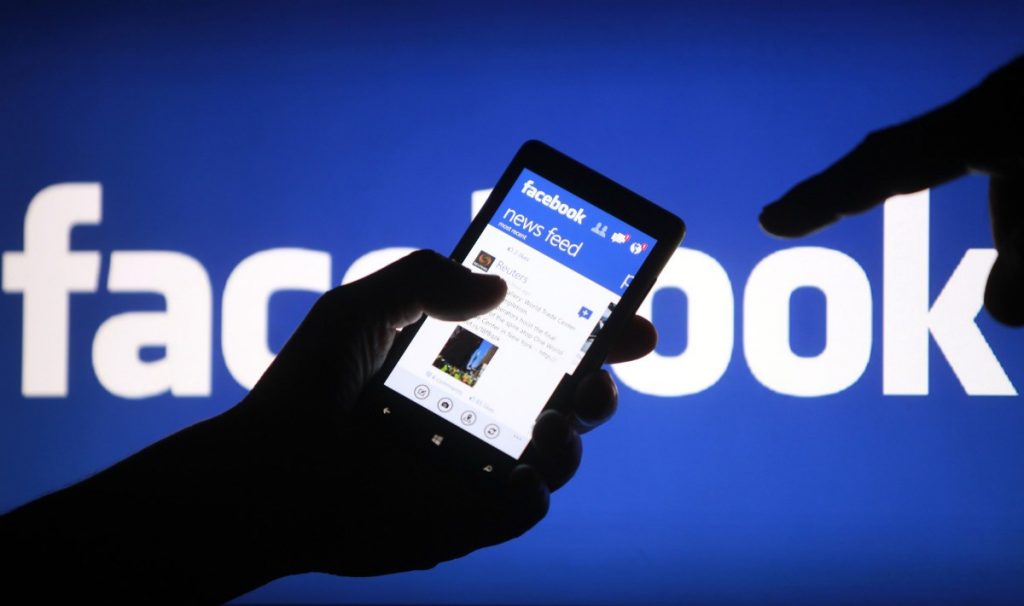New Delhi: The Centre has told the Delhi High Court that it is aware of the dangers of fake news on social media platforms and rules have been framed under the Intermediaries Guidelines — which regulate social media platforms — to deal with the issue.
The Ministry of Electronics and Information Technology (MEITY) also told the high court that any unlawful content on social media platforms like Facebook, Google and Twitter, is to be disabled by a court order, a government notification or by the websites’ own grievance officers for violation of their policies or terms of use.
The submissions have been made by the ministry in reply to the PIL by former RSS idealogue K N Govindacharya seeking directions to the Centre, Google, Facebook and Twitter to ensure the removal of fake news and hate speech circulated on these and other online platforms as well as disclosure of their designated officers in India.
Govindacharya has also moved an application, through advocate Virag Gupta, seeking removal of illegal groups like ‘bois locker room’ from social media platforms for the safety and security of children in cyberspace.
The ministry has said that according to the Intermediary Guidelines, grievance officers of the websites are bound to redress complaints within one month of receiving them.
It has contended that in the present case the alleged unlawful content — relating to ‘bois locker room’ — would come under the guidelines for due diligence by an intermediary or social media platform.
It further said that it has set up a statutory authority — CERT-IN — under the Information Technology Act responding to any cyber security incidents or breaches.
On blocking access to any content or website, the ministry has said that such requests have to come through the designated nodal officers appointed for the purpose in each state and government department and no individual can directly ask for it.
Govindacharya had earlier told the court that the presence of groups like ‘bois locker room’ indicate Facebook’s “failure in tackling fake news, hate speech and illegal criminal content” on its social media platform.
The submission was made in his reply to Facebook’s claims in the high court that it has put in place measures like community standards, third party fact checkers, reporting tools and artificial intelligence to detect and prevent the spread of inappropriate or objectionable content like hate speech and fake news.
Facebook had also said it cannot remove any allegedly illegal group, like the ‘bois locker room’, from its platform as removal of such accounts or blocking access to them came under the purview of the discretionary powers of the government according to the IT Act.
It has contended that any “blanket” direction to social media platforms to remove such allegedly illegal groups would amount to interfering with the discretionary powers of the government.
The tech company further said directing social media platforms to block “illegal groups” would require such companies, like Facebook, to first “determine whether a group is illegal – which necessarily requires a judicial determination – and also compels them to monitor and adjudicate the legality of every piece of content on their platforms”.
PTI
